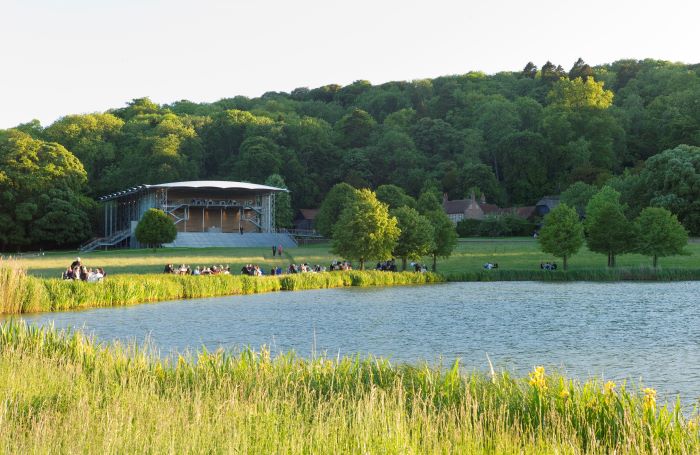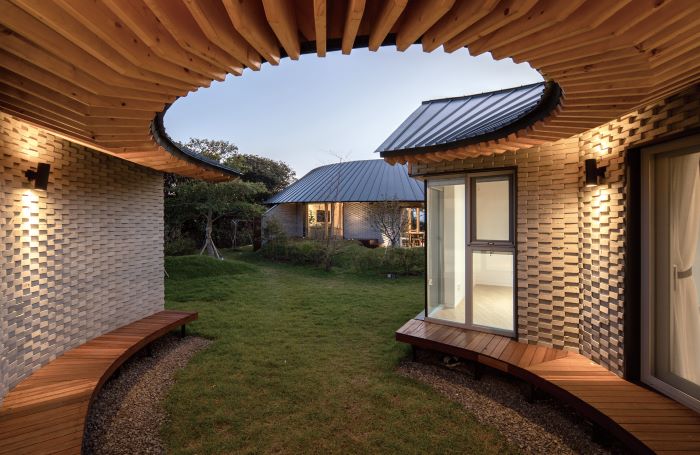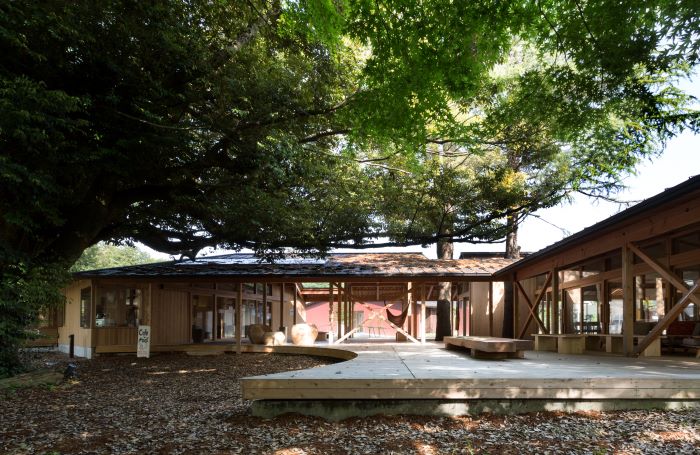Between October and December 2020, we hosted the Global Architecture Exchanges, a unique online series of talks brought to you by the RIBA in collaboration with other professional institutes of architects around the world.
Through a series of fast-paced presentations, we explored three topics delivered via four sessions between October and December. Watch the sessions back and find out how challenges are dealt with in different parts of the world.

Topic 1, sessions 1 and 2: Circular architecture (retrofit): How do other countries respond?
How do architects in other parts of the world respond to the challenge of retrofitting? How can you make it work long term and make it fit for purpose, especially during the current efforts to tackle climate change?
Register to watch Session 1
Includes speakers from the UK, Ireland, China, South Korea, Australia and New Zealand.
Register to watch session 2
Includes speakers from the UK, Ireland, USA and Brazil.

Register to watch Topic 2: The relationships between architecture and culture – perspectives from across the Globe
Is the culture of each society identified through its manifestations such as language, art, and architecture or is architecture a product of the culture that it was designed for?
Includes speakers from the UK, Ireland, China, Japan, South Korea, Australia and New Zealand.

Register to watch Topic 3: How will design cater for the forgotten generation (older people) post-COVID?
Older people are not necessarily disabled people but may be more liable to risks. How can buildings be designed to meet their needs?
The principle of lifetime homes is a house adaptable to changing needs - pushchair replaced by bike or surfboard replaced by walking frame. Is intergenerational housing the solution?
How do architects in other parts of the world respond to this issue?
Includes speakers from the UK, Ireland, China, Japan, Australia and New Zealand.
The Global Architecture Exchanges were jointly hosted by the Royal Institute of British Architects, the American Institute of Architects, the Australian Institute of Architects, the Architectural Society of China, the Council of Architecture and Urbanism in Brazil, the Japan Institute of Architects, the Korean Institute of Architects, the New Zealand Institute of Architects, and the Royal Institute of the Architects of Ireland.









